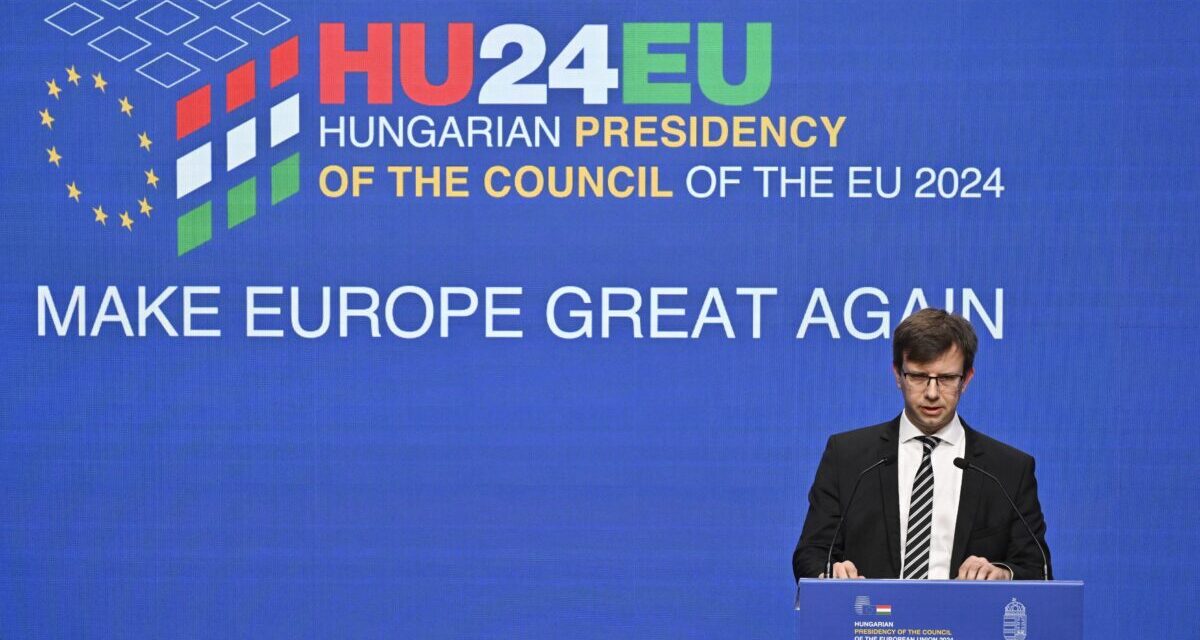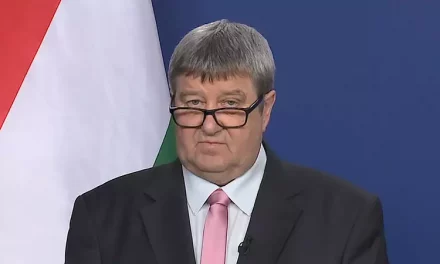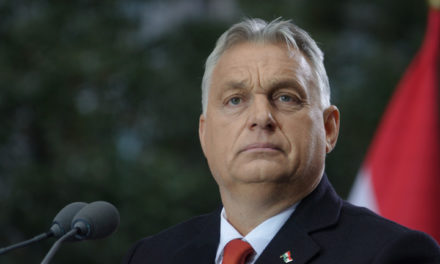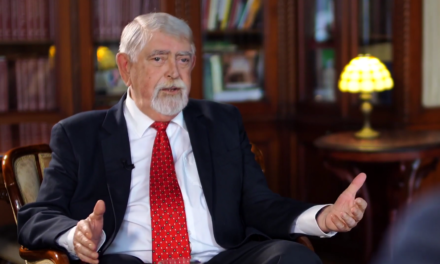The Hungarian Prime Minister has done more for peace in the last 24 hours than the European leaders in the last year.
János Bóka, the minister responsible for European Union affairs, said in the current program of the M1 channel: if the Hungarian EU presidency lives up to its responsibility, it will do a great service to the EU as a whole, adding that this primarily lies in listening to the European Parliament (EP) the message of elections, the need for change.
Hungarian European policy has long been aware of the demand expressed in the elections to put an end to both the drift, with which the EU finds itself in the middle of the war, the economic policy that undermines competitiveness, and the failed migration policy that is unable to protect the Union's external borders. must be sown.
The Hungarian EU presidency behaves in a politically responsible manner when it puts topics on the table and generates discussions that talk about these issues, said János Bóka.
The head of the ministry said that the Hungarian EU presidency is progressing according to plans, and even got off to a flying start, since after Prime Minister Viktor Orbán took over the presidency from the Belgian prime minister on July 1, he met with the president of the European Council, and the next day Ukrainian Volodymyr Zelenskiy held talks in Kyiv. with the president, and on Thursday he already received the Secretary General of the Council.
The minister called the Secretary-General's visit to Budapest of great importance, given that every EU presidency has two levels, a political level and a so-called engine house, which must be operated in cooperation with the permanent representation in Brussels and the General Secretariat of the Council.
More than 120 legislative files have to be managed, more than 1,500 working groups and 37 council meetings, 16 informal council meetings of the European Community summit have to be organized, which must also be conducted and followed up.
The head of the department sees that the conditions for a good working relationship and cooperation are present.
Speaking about the Orbán-Zelensky meeting, the minister said that the prime minister immediately reported on his discussions to the president of the European Council and to the heads of state and government of the member states.
At the same time, János Bóka emphasized that the role of the presidency is primarily to facilitate the flow of information and to channel the opinions of the parties involved into the decision-making processes, but the decision must be made by the leaders, they must see that in this political situation, which the Hungarian Prime Minister thanks to its activities, it was possible to map out more than ever before what room for maneuver the EU has.
I think that the Hungarian Prime Minister has done more for peace in the last 24 hours than European leaders have done in the last year, the minister emphasized.
according to whose presentation, the Hungarian presidency can make proposals, use suggestions, and lead the way in terms of changing the EU's position on the war, but the decisions must be made by the European leaders.
The head of the ministry sees that the EU regards this war as its own, and in this regard, in addition to military and material support, communication is also part of the war strategy.
If we cannot talk about war in a way that is not warfare itself, then we are part of the problem and not the solution - he stressed, adding that Viktor Orbán also wanted to change this approach so that we talk about it instead: not the war we are part of it, but we are working to overcome it, and this can only be achieved with an immediate ceasefire and peace negotiations based on it.
Viktor Orbán and Volodymyr Zelenskyi agreed on a number of issues requiring follow-up,
and this must continue at the highest levels, and a possible new high-level meeting can be considered if both the Hungarian and Ukrainian governments have succeeded in solving their related tasks - said János Bóka.
In connection with the operation of the six-month Hungarian EU presidency, the minister singled out the informal meeting of the European Council in Budapest in November as an important event, at which the aim will be for the leaders to accept a new European competitiveness pact, which will be intended to mark the path by which the EU can stop the the decline of economic competitiveness.
The minister said that the central priority of the Hungarian EU presidency is competitiveness, and "if we succeed in adopting a declaration that puts economic policy at the service of growth and prosperity, then the next five years of the EU may be born under a more fortunate constellation".
MTI
Cover photo: János Bóka, minister responsible for European Union affairs
Source: MTI/Péter Lakatos













